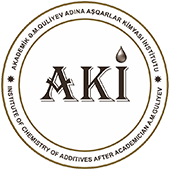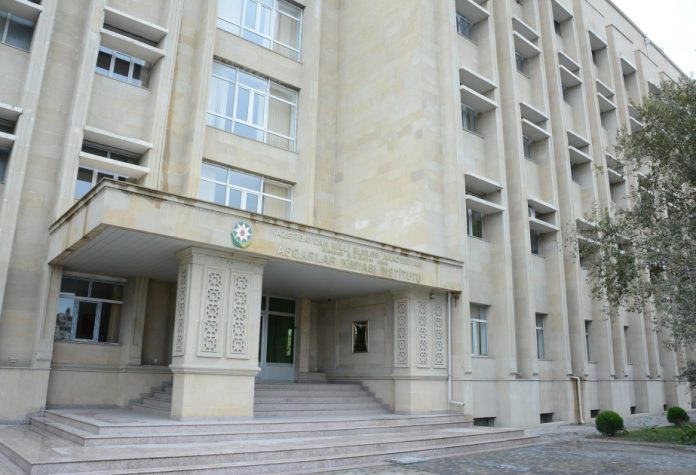Scientists at academician Ali Guliyev Institute of Chemistry of Additives of the Ministry of Science and Education, together with Ataturk and Bartin Universities of Turkey, have created a new generation of inhibitors of some pathological processes in living organisms. These substances have a potential therapeutic effect due to their ability to prevent dilation and occlusion of blood vessels and capillaries. AZERTAC was informed about this at the institute.
It was reported that the inhibitory activity of the synthesized compounds against enzymes and their isoforms was widely studied, and molecular docking modeling was carried out. Recorded indicators of the interaction of new molecules with enzymes confirmed that they have the highest biochemical activity compared to standard medicinal substances. In particular, new carbonic anhydrase isoenzyme inhibitors have the ability to dilate retinal capillaries and prevent certain pathological processes, such as capillary occlusion.
In addition, together with employees of the University of Lisbon (Portugal), the synthesis of new metal complexes of pyrazole-based compounds with different sizes of substituted and cyclic rings, as well as their catalytic activity, was studied. Structural analyzes were carried out using modern methods of physicochemical analysis, and it was confirmed that these new compounds were hitherto unknown in the world literature using international search programs. When studying the catalytic activity of pyrazole-based complexes in the peroxidation of styrene to benzaldehyde, it was found that the yield of benzaldehyde as the target product increases up to 80 percent due to the catalytic action of four new complexes under optimal conditions, in contrast to traditional catalysts.
Using complex methods of organic synthesis and the latest capabilities of computer chemistry, the Department of Analytical Chemistry of Baku State University and the Research Institute of Physical Problems for the first time obtained metal complexes of N-substituted thiourea. The structure of new metal complexes was confirmed by modern methods of physicochemical analysis, geometric, energy and electronic parameters characterizing their stable structures were determined. It has been established that complexes synthesized by model reactions effectively prevent the oxidation of hydrocarbons.
The important results were published in journals with a high impact factor included in the Web of Science database, and in a short period of time they were cited by about 100 world scientists.


